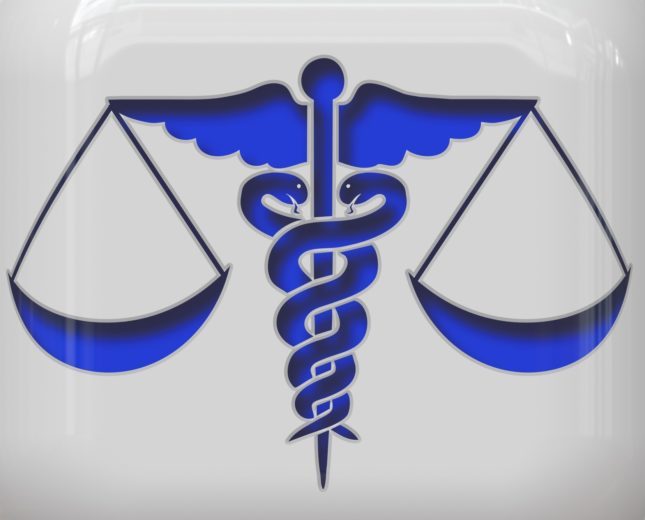Introduction to Alternative Therapies
Alternative, complimentary, homeopathic, naturopathic, integrative, and a few other names have been used to describe medical treatments that have not been demonstrated to be more effective than placebo. These names are for marketing purposes and they are intentionally deceptive. I prefer to use a term that is more descriptive. I call these therapies, “Non-Pharmacological Interventions or NPIs.”
The title of this book is Placebo Medicine because the overwhelming majority of these treatments have not been shown to be more effective than placebo. However, they have been shown to be as effective as placebo and I would argue that as placebos they are not too bad. I would further argue that certain conditions and certain patients benefit greatly from placebo therapy.
Some of these treatments have real therapeutic effects. The problem is that their actual therapeutic effects may not be the same as the effects for which they are being marketed. Either their real effects are too mild to work as well as the reported claims or their actual therapeutic indication is something totally different than the claim. In addition, a number of the treatments are a total sham.
I have divided these treatments into three groups; Herbs and Spices, misused therapies and totally fake treatments.
Herbs and Spices may have some pharmacological activity. They may be mildly stimulating such at tea, ginseng, and marijuana or mildly calming such as Kava Kava and Valerian or have some mild immune effect such as Echinacea. However, they usually do not have the properties that are claimed on their labels or in their advertisements.
For example, the product Colon Vita® contains magnesium, vitamin C, Aloe Vera, citrus bioflavonoids and Acai Berry extract. The claim is that Colon Vita® will cause your colon to be healthy. This claim is false. It will not alleviate gas, bloating, fullness, irregularity, or constipation. The only claim that might be correct is that it may actually improve your overall well being through its action as a placebo.
Misused therapies have an indication for which they are effective but, for whatever reason, they are not being marketed for this indication. They are being marketed for a treatment that they are clearly not effective.
For example, if you suffer from emphysema which is a loss of lung tissue most commonly due to chronic smoking, you will have difficulty getting enough oxygen into your blood stream. Therefore, oxygen therapy will be a very effective treatment. However, if you have prostate cancer, oxygen therapy will not help you at all. Nevertheless, it is claimed in advertisements and on the label that oxygen therapy cures all cancers.
Totally fake treatments are categorically unproven to do anything. They hardly even attempt to make sense. For example, the idea that cracking your back will do anything therapeutic is silly. The idea that needles will align your chi and cure multiple ailments is crazy. The notion that water which contains the “essence” of a poison can be therapeutic is absurd. I will refer to these treatments as “unproven” but understand that when I say this I am being pejorative.
One thing that all these treatments do quite well is that they maximize the placebo effect. These therapies might be no better than placebo but that is not the same as saying that these therapies are ineffective. Certainly, there is no direct physiological effect but if you are able to trick the brain into producing its own immune agents, hormones, or endorphins then there could be an indirect physiological effect for certain conditions.
If the illness being treated is psychosomatic, then the goal is to make the person stop thinking or even subconsciously pretending that they are ill. These therapies are very good at doing that.
I have chosen a representative sample of ten therapies in each of these three categories to evaluate in detail. There are many, many more treatments but being comprehensive is not the goal of this book. The goal is to help you understand how to evaluate such treatments for yourself.
Why don’t we get started?
Register to receive notification of new content.
